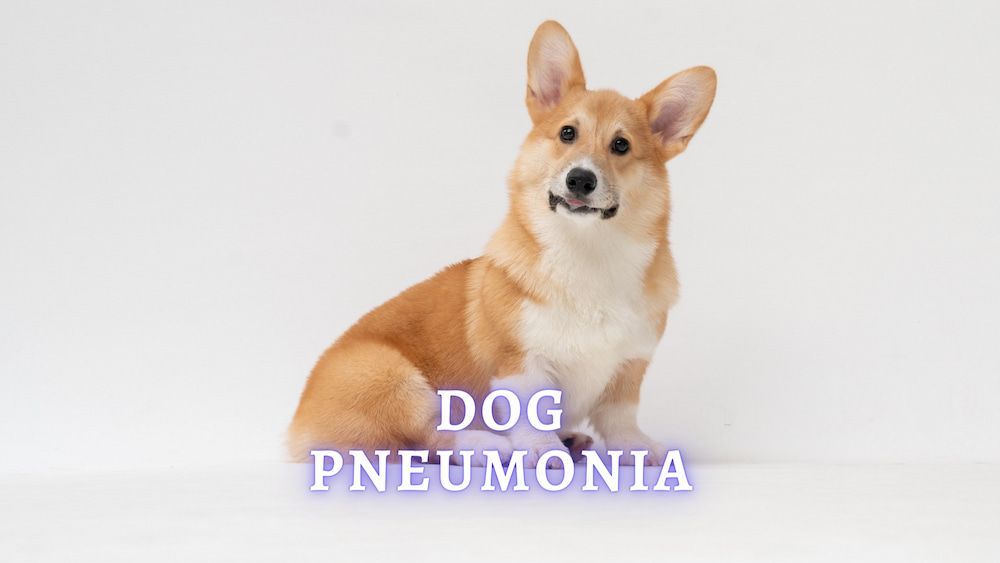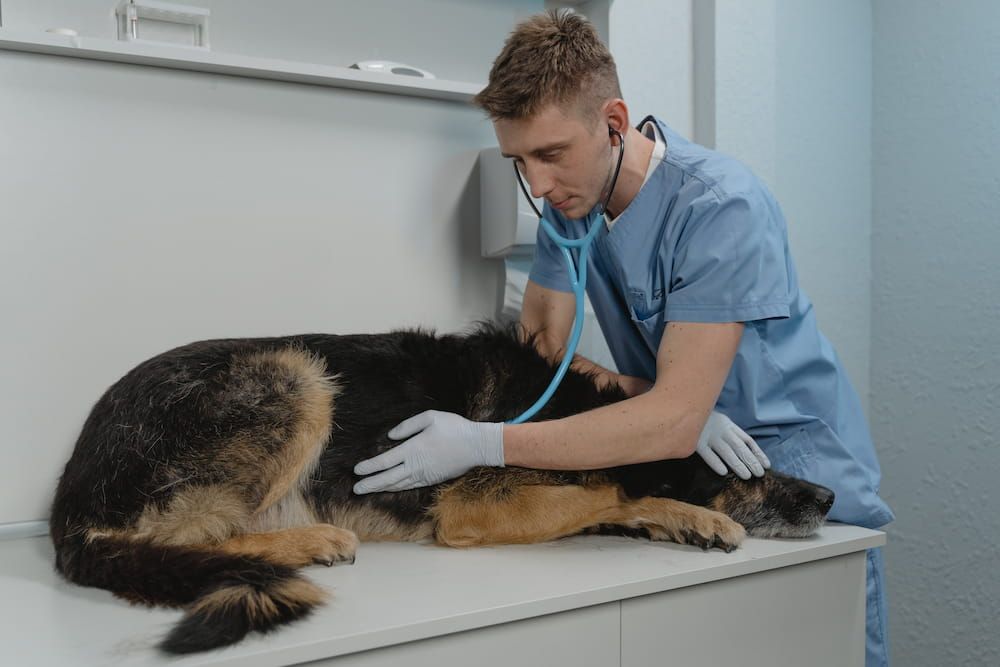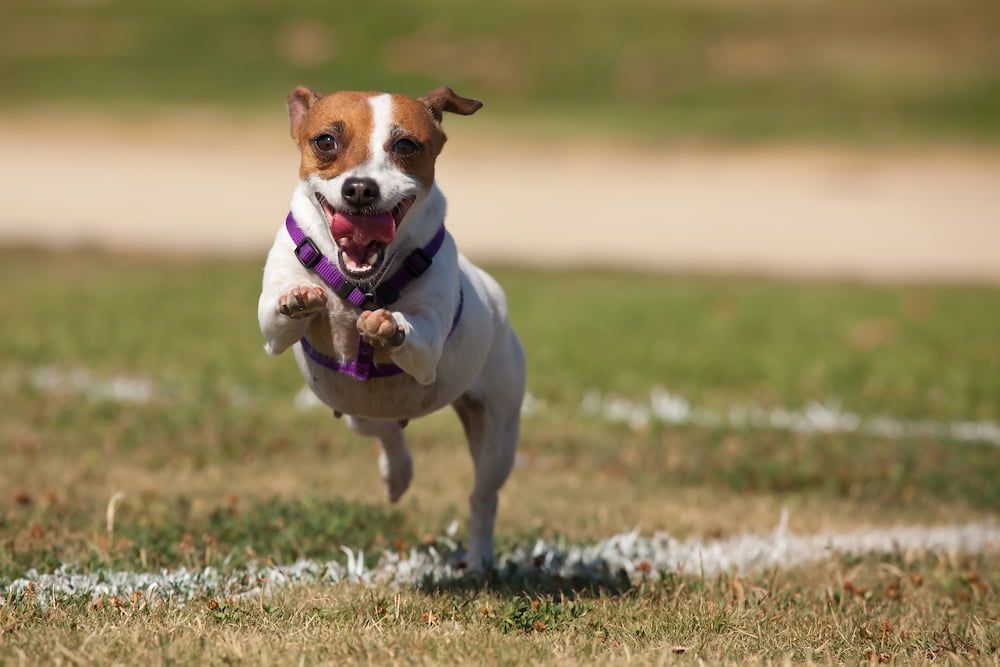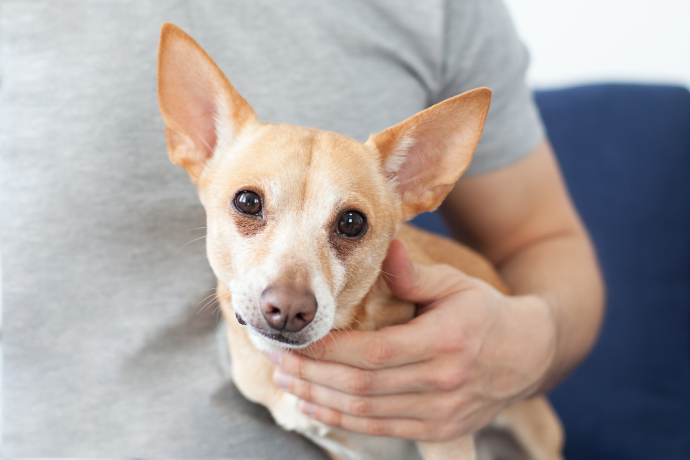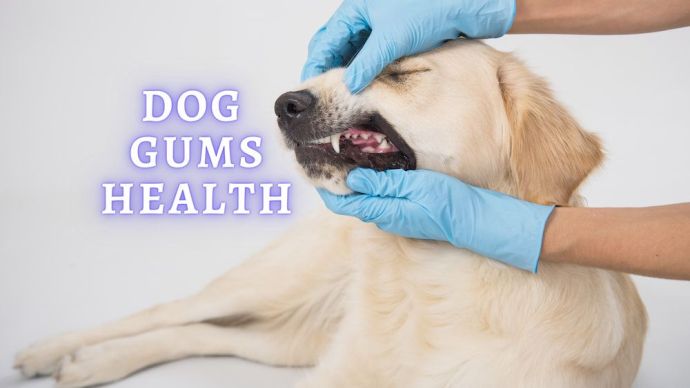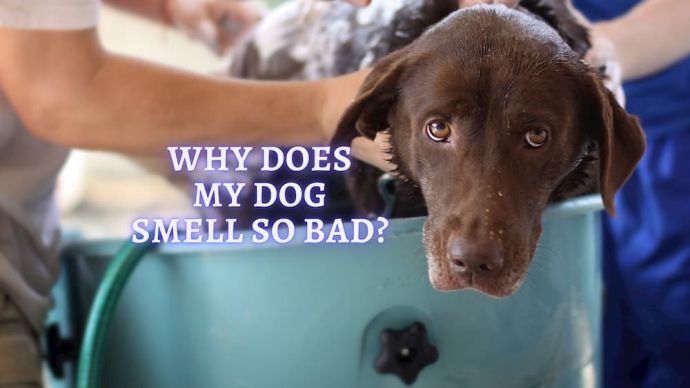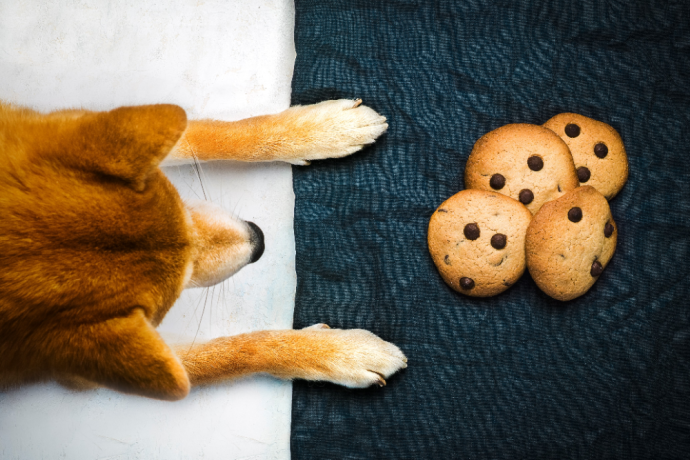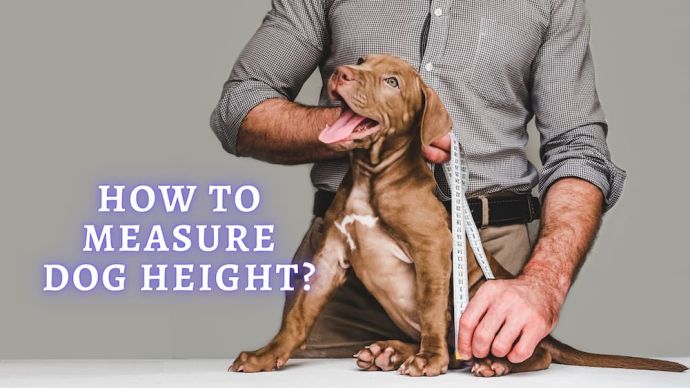Pneumonia in Dogs: Symptoms, Diagnosis, Treatment and Recovery (Vet Advice)
Written by:
Author: Dr. Sara Ochoa
Dr. Sara Redding Ochoa is a veterinarian with many years of experience and higher education. During her time in veterinary school she was able to learn form some of the most well-known veterinarians from all over the world. Sara lives happily with her husband Greg and her babies Ruby the schnoodle, and Bam-Bam her bunny. Dr. Sara Redding Ochoa has a passion and love for animals that makes her a wonderful asset to our team.
View all 13 articlesLearn about our editorial process and veterinary review board.
Viewed: 178
Updated on: 12/23/2022
Is your dog coughing? They may also be producing phlegm or coughing up mucus. These are all signs that your dog may have developed pneumonia. Often this can start as just a minor upper respiratory infection but can progress to something more serious.
If you do think that your pooch has developed pneumonia, it would be best that they see your vet to make sure that this is the cause of your dog’s coughing and for them to prescribe medication to help them feel much better.
What is pneumonia in dogs?
Pneumonia is a disease that affects dogs’ lungs and airways. These airways become infected, leading to inflammation. This inflammation makes it difficult for your pet to breathe. Usually, with early treatment, your pet will quickly recover, but if not treated right away could cause life-long damage to their airways which can cause chronic respiratory tract issues.
What are the different types of dog pneumonia?
There are many different ways that your dog can develop pneumonia, such as:
- Infectious pneumonia: Your dog can develop a viral or bacterial infection or even fungal infection in their lungs. This infection can lead to inflammation of the lungs. These infections can easily enter your dog’s nose and mouth when they are outside playing. This infection can quickly reach the lungs. If your dog is otherwise healthy, their body can fight these infections, but if they are already sick, these infections will lead to pneumonia.
- Aspiration pneumonia: If your dog inhales food, water, or vomit, this can lead to aspiration pneumonia. This fluid or food can cause an inflammation and infection in your dog’s lungs. Most pups with aspiration pneumonia have been recently vomiting or are being syringed food and water, causing the aspiration.
- Eosinophilic: If your pet has heartworm disease, they can develop a response to these worms in and around their respiratory system. This can lead to eosinophilic pneumonia.
Common Signs and Symptoms of Pneumonia
There are many signs that you may notice in your dog that would indicate that they may have pneumonia, such as:
- Coughing
- Difficulty breathing
- Discharge from their nose
- Coughing up mucus
- Fever
- Not eating
- Lethargic
If you notice any of these signs in your dog, it would be best that they consult a vet. If they are ever having issues breathing or their tongue and gums are a blue to purple color, they need to go to the emergency vet right away.
READ MORE: Dog Runny Nose: Causes, Tips and Treatment (Vet Approved)
How to diagnose pneumonia in dogs
If your veterinarian thinks your dog has pneumonia, they will want to run a few tests to see how severe it is. These are the most common test ran:
- Complete Physical Exam: Your vet will start off by fully examining your pet. They will listen o their heart and lungs to see if there are any issues with them. Most canines with pneumonia will have very harsh lung sounds due to the infection preventing the lungs from fully expanding.
- Chest x-rays: This will help your vet figure out why they are coughing. X-rays will show if there is lung congestion or if any growths are causing your dog to cough.
- Bloodwork: A complete blood count (CBC) will show if your dog has an infection. Pups with pneumonia will often have an increased white blood cell count. Your vet may also check liver and kidney values to make sure that your pet is healthy enough for any medication that they may want to prescribe.
- Ultrasound: An ultrasound will allow your vet to see if there is fluid in your dog’s lungs. Pets with fluid in their lungs may need a diuretic to remove the fluid.
These tests will help determine the severity of your dog’s pneumonia and help guide your vet on the best possible treatment.
How is pneumonia treated in dogs?
Depending on the cause will dictate the treatment. Most of the time, your dog will need antibiotics or antifungals to help treat any infection. If your pet is coughing, your vet may also prescribe steroids to help decrease the inflammation in their lungs. They may also give bronchodilators to help them breathe better while their lungs heal.
In severe cases of pneumonia, your pet may need to be hospitalized on IV fluid therapy and intravenous antibiotics. If they are having issues breathing, they may need to be provided supplemental oxygen therapy.
Can pneumonia be prevented?
Pneumonia can sometimes be prevented. These are some ways to help prevent your dog from developing pneumonia:
- If you know that there is another pet who has bacterial pneumonia, it is best to keep your pup away until they are fully recovered.
- Maintain a clean environment. Smoking around them can cause inflammation and irritation to the respiratory system.
- If you are syringe feeding your pet, make sure to go very slow to prevent them from aspirating any food or water.
How can I help my dog recover from pneumonia?
It is best to follow the instructions that your vet has given you for medicating your pet. Also, making sure that your pet is continuing to eat and drink will help the recover quicker. Most pups will want to rest while they are recovering. It is best to limit the amount of play time that they are allowed.
At home remedies to help with pneumonia
At home, you can also give them steam treatment to help. To do this, you can take them into a small bathroom with the shower running on hot. This steam will help open your dog’s airways and help them breathe easier.
When they are in their steam treatment, gently pat their sides to help break up any phlegm in their lungs.
Frequently Asked Questions
Can a dog recover from pneumonia?
Most dogs can recover from pneumonia as long as treatment is started right away. If yours has an underlying condition or a compromised immune system, it can take them a little longer to recover.
What are the chances of a dog surviving pneumonia?
Most dogs who start treatment right away survive having pneumonia. Keep an eye on your pet having any unusual symptoms to be able to consult the vet in time and have an early diagnosis and in-time treatment.
Is pneumonia in dogs fatal?
Pneumonia can be fatal in some cases. Dogs with severe inflammation of their lungs will have breathing difficulties. Their airways can become so inflamed that they cannot breathe, which would be life-threatening.
What does a dog with pneumonia sound like?
Many dogs with pneumonia will have a very harsh cough. They may also be panting or having issues breathing. If you notice any of these issues in your pet is best to see your vet right away.
Final Thoughts
If you have noticed that your dog is coughing or having breathing difficulties, they may have developed pneumonia. Often times you will also notice that your dog is not eating as much is lethargic and has discharge from the nose or eyes, coughing, or has trouble breathing.
Pneumonia should be treated very quickly to help prevent any long-term side effects from this disease. It is best to see a vet as soon as you notice that there is something wrong with your pet so that they can get treatment.
RELATED: Why Is My Dog Breathing Fast?
 Dog Training Dog is Acting like a Puppy again: Causes and Solutions from a Vet
Dog Training Dog is Acting like a Puppy again: Causes and Solutions from a Vet - 6781
- 4
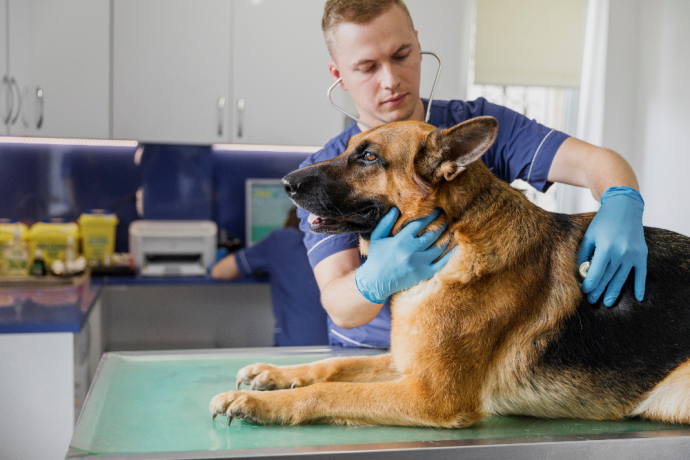 Dog Veterinary Tips Dog Neutering: Pros and Cons of Neutering a Male Dog (Vet Advice)
Dog Veterinary Tips Dog Neutering: Pros and Cons of Neutering a Male Dog (Vet Advice) - 7885
- 9
 Puppy Care How Much Water Should A Puppy Drink? Vet Advice On Puppies Daily Water Intake
Puppy Care How Much Water Should A Puppy Drink? Vet Advice On Puppies Daily Water Intake - 359
- 0
 Dog Veterinary Tips Why is my Dog throwing up: Causes and Preventing (Veterinary Advice)
Dog Veterinary Tips Why is my Dog throwing up: Causes and Preventing (Veterinary Advice) - 21356
- 5
 Dog Care My Dog Keeps Scratching His Mouth: Reasons Why Your Dog Scratching Face
Dog Care My Dog Keeps Scratching His Mouth: Reasons Why Your Dog Scratching Face - 16545
- 1









